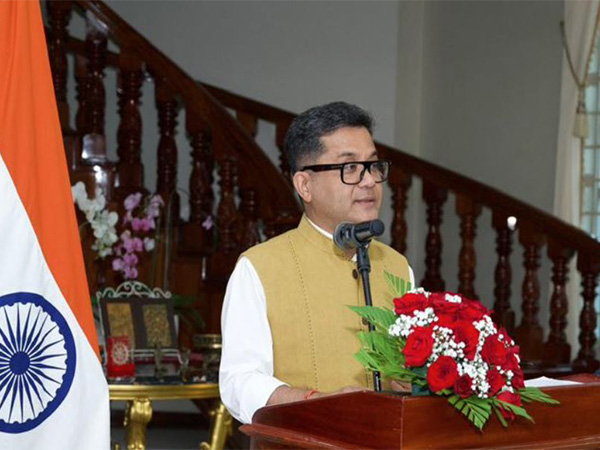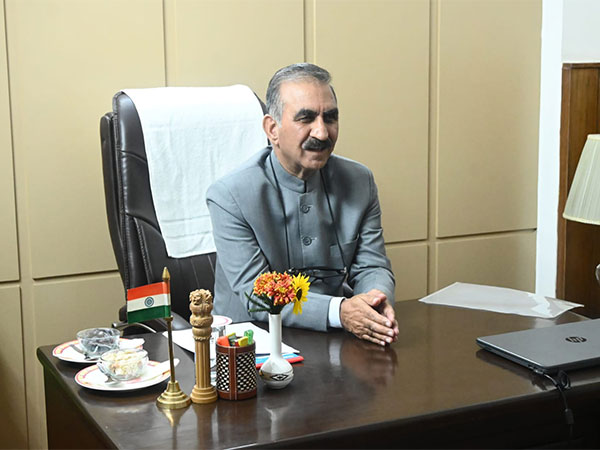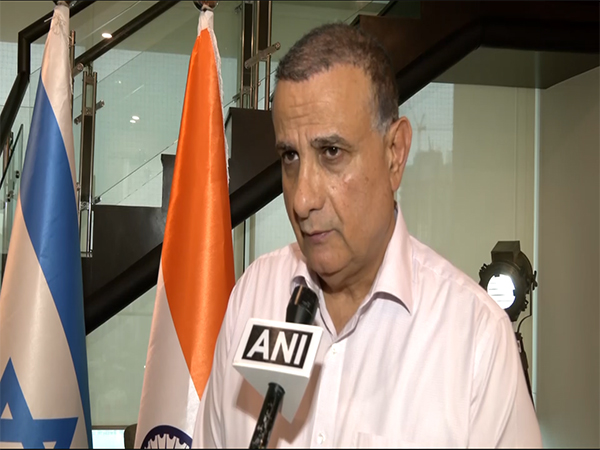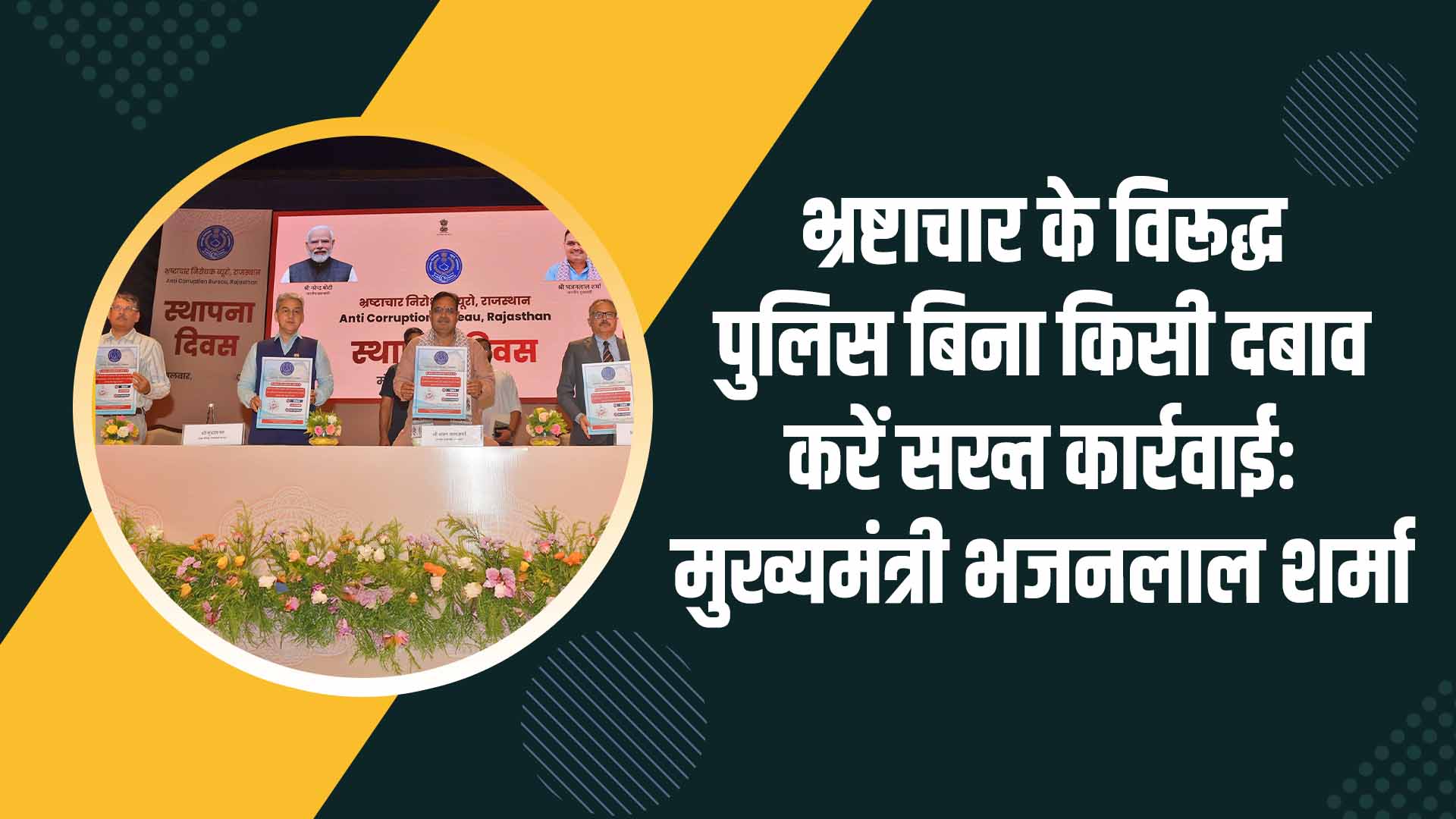"A Muslim can adopt child without making declaration under Shariat Act," says Delhi Court
Feb 04, 2024

New Delhi [India], February 4 : The Delhi Court, while dismissing a partition suit, has held that any individual belonging to the Muslim community can adopt a child without making a declaration under the Shariat Act.
As per the ruling, any such adoption shall be governed by the general law and not by the Muslim Personal Law. The said child would become the legitimate child of his adoptive parents, the court said.
The court was hearing a partition suit filed by the brother of a deceased Muslim man, namely Zamir Ahmed, seeking share in his property, leaving one-fourth share for the widow of Zamir Ahmed as the couple had no son.
However, Zamir Ahmed and his wife Gulzaro Begam had adopted a son, namely Abdul Samad alias Sameer, without making any declaration under the Muslim Personal Law.
Additional Sessions Judge (ADJ) Parveen Singh held that even under the prevalent law of the land, notwithstanding the Shariat, a Muslim who has not filed a declaration under section 3 of Shariat Act, can adopt a child and the said child would become a legitimate child of his adoptive parents with all rights, privileges, and responsibilities that are attached to a relationship.
"Applying this principle to the facts of the present case, I find that there is no evidence or even an assertion that deceased Zamir Ahmed had filed any declaration under section 3 of the Shariat Act," ADJ Parveen Singh said in judgement dated February 3, 2024.
ADJ Singh held, "Therefore, deceased Zamir Ahmed had elected not to be governed by Muslim Personal Law on the subject of adoption and thus, if he had adopted a child as claimed by defendant no. 1 (Gulzaro Begam), the said adoption shall be governed by general law of the land."
While passing the judgement, the additional district judge Singh also discussed the previous judgement passed by the Supreme Court.
The court said that a Muslim who has not filed any declaration under section 3 of the Shariat Act, shall not be governed by Muslim Personal Law/ Shariat on the subjects of adoption, wills and legacies.
"Thus in the case of such a person, Muslim Personal Law cannot be applied on these subjects. That being the case, these judgments shall only be applicable to the case of Muslims who has filed a declaration under section 3 of the Shariat Act," the court said.
A partition suit was filed by Iqbal Ahmed, brother of Zamir Ahmed seeking a decree in accordance with Muslim Law. The widow of Zamir Ahmed and his other brothers and sisters were made defendants in the suit.
It was claimed in the suit that deceased Zamir Ahmed expired issueless on July 3, 2008.
The suit said that being a Muslim, the inheritance of the property of the late Zamir Ahmed, is to be governed by Shariat/ Muslim law.
The plaintiff had claimed that widow of Zamir Ahmed, was entitled to 1/4 th share i.e. 25 per cent share in the properties left behind by him, three sisters of Zamir Ahmed, were entitled to 15 per cent share in the properties left behind by late Zamir Ahmed and remaining 60 per cent devolved upon plaintiff and other five brothers of late Zamir Ahmed.
During the hearing, the court found that the deceased Zamir Ahmed is survived by his widow and a son, his inheritance has accordingly to be decided in this light.
As per Mulsim Law of Inheritance, there are three classes of legal heirs: (1) sharers, (2) residuary and (3) distant kindred.
The court noted that of the 12 Quranic sharers, only the widow of the deceased is surviving.
The claim of the plaintiff and defendants brothers and sisters was, that as deceased Zamir Ahmed had no son, his widow i.e. defendant no. 1 is entitled to 1/4th share in the estate of Zamir Ahmed and, they being the brothers and sisters of the deceased would have residue of 3/4th where the brothers of the deceased would be getting double the share of the sisters.
The court rejected the claim that said that the plaintiff and the defendants could only have
inherited from the estate of deceased Zamir Ahmed had there been no son to claim the residuary share.
The court said that It has been held that deceased Zamir Ahmed had an adopted son and the said son has been found to be having the same status as that of a biological son and having all the rights, privileges and responsibilities that are attached to that relationship; for the purposes of inheritance, the said son has to be considered as a son.
"The son being a residuary excludes the brothers and sisters of deceased Zamir Ahmed. This being the case, I am of the considered opinion that plaintiff and defendants brothers and sisters are not entitled to the partition as prayed for. Issue is accordingly decided," ADJ Singh said in the judgement.


















